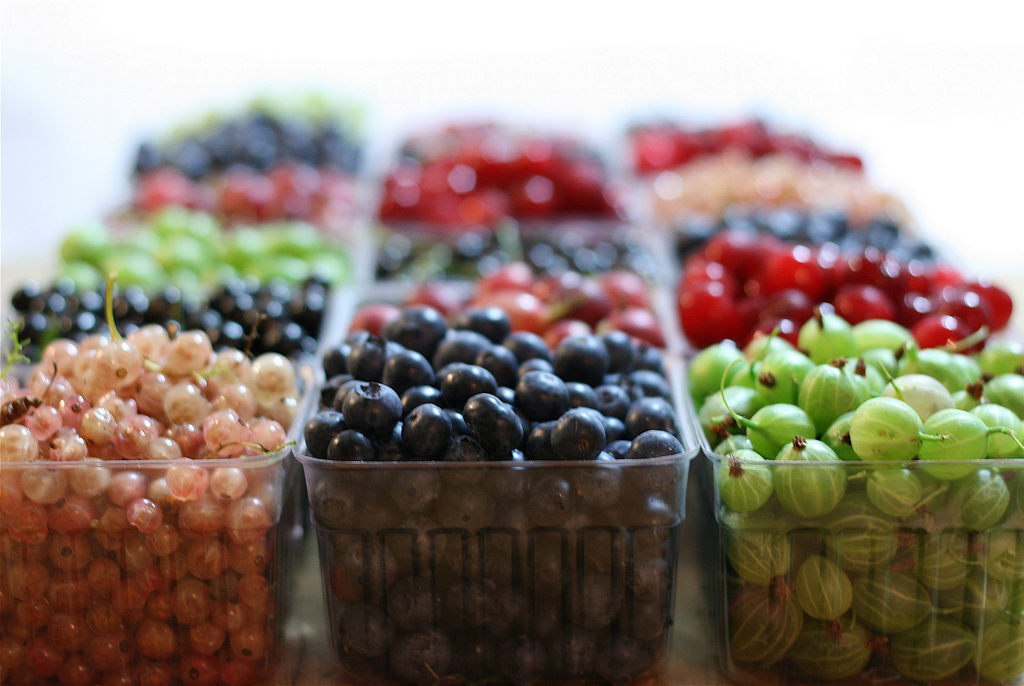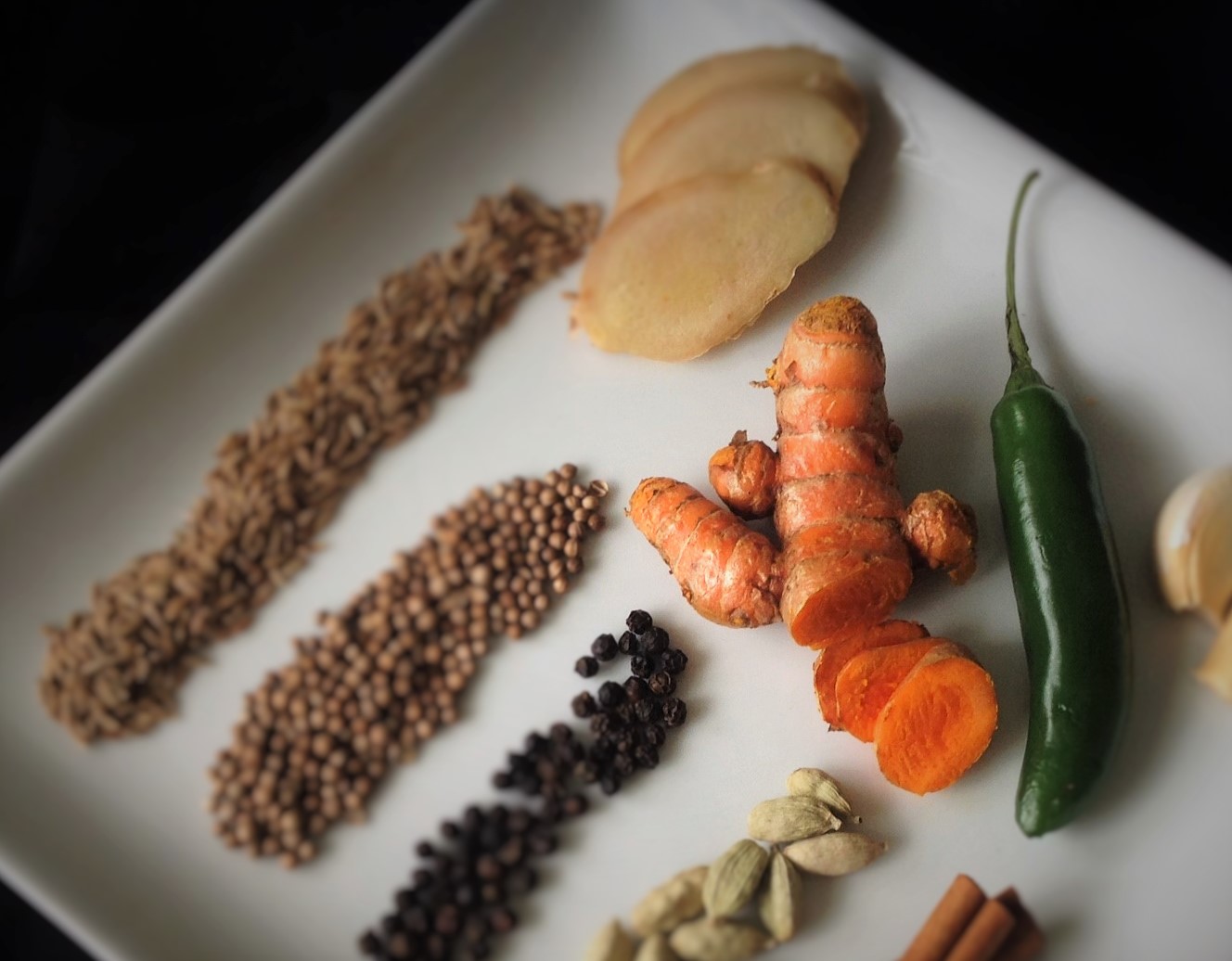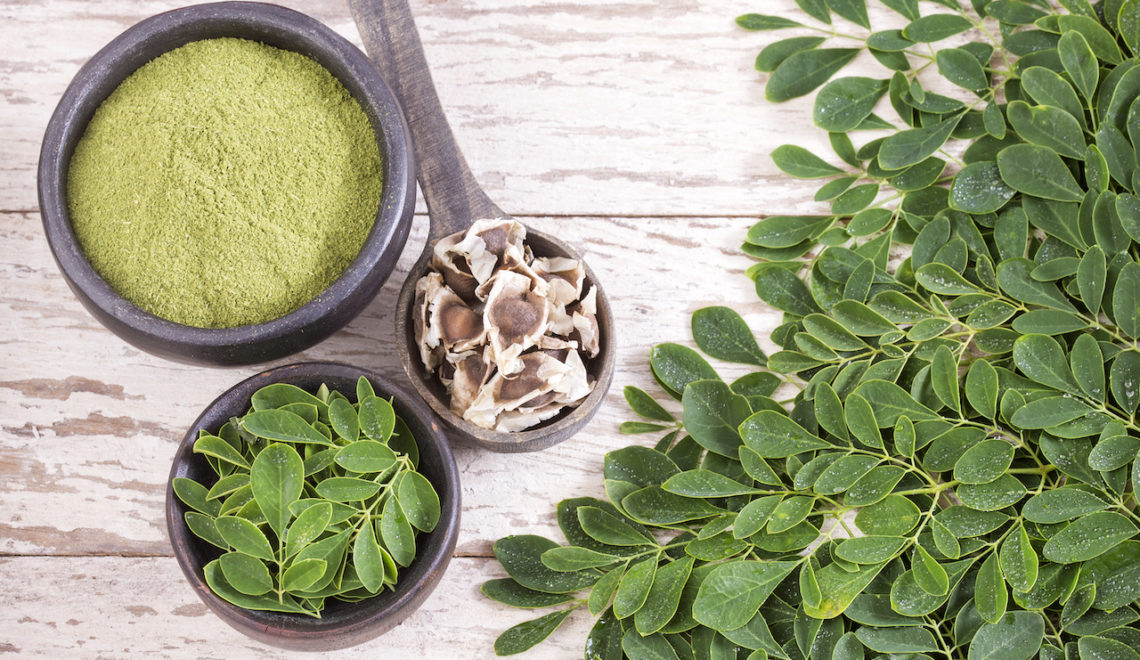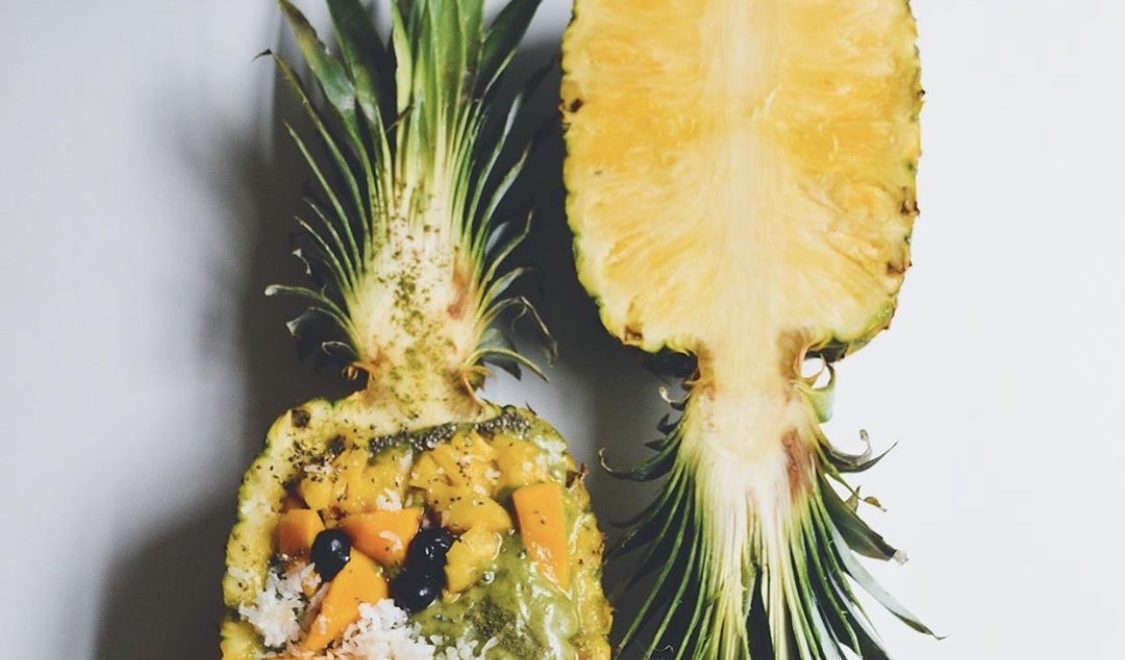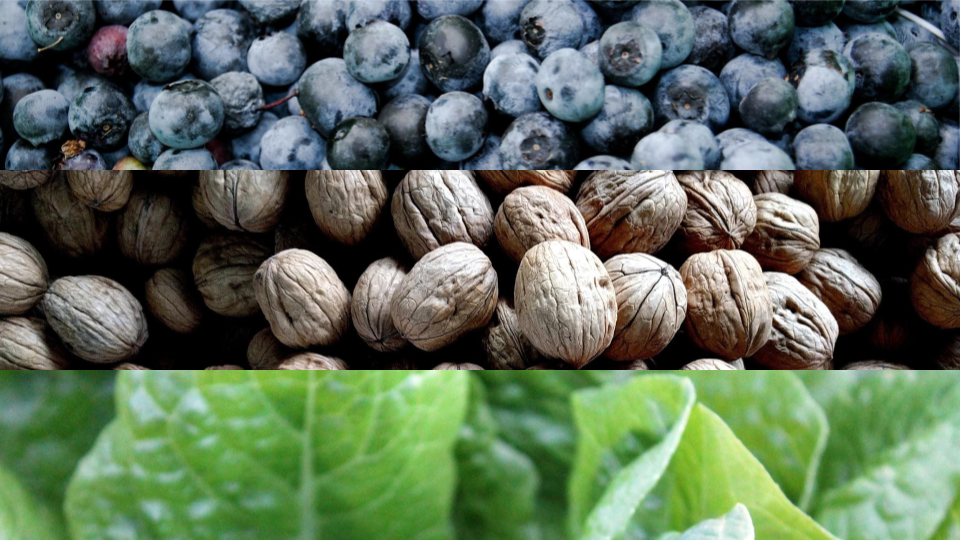
What is inflammation?
Inflammation is a natural response to bodily triggers such as wounds, sickness, and infections. Unfortunately, too much inflammation has been linked to multiple diseases. Inflammation affects our bodies in two different, but similar ways which are referred to as acute and chronic inflammation. Here’s the difference:
- Acute inflammation occurs as a natural and helpful response by our immune system to fight of infection, heal wounds, and prevent disease. This occurs when we scrape a knee, bruise our skin, or get sick. This inflammation can be observed as swelling, redness, and pain. The acute inflammatory response is beneficial and only lasts as long as we need it’s healing powers!
- Chronic inflammation occurs due to ailments such as arthritis, autoimmune diseases, allergies, and Crohn’s disease. This type of inflammation often needs to be treated with the help of medical professionals. Chronic inflammation is also perpetuated by unhealthy lifestyle factors such as a lack of exercise, an unhealthy diet, and high stress levels.
Chronic inflammation has often been referred to as the “root of all disease” because it has been linked to contributing to heart disease, diabetes, depression, cancer, and respiratory issues such as asthma and bronchitis. By making healthier lifestyle choices, we can prevent chronic inflammation from taking place in our bodies! A healthy diet, exercise, and drinking enough water are all key factors in preventing inflammation. As Dr. Nicholas Perricone suggests, we need to be thinking in terms of living an “anti-inflammatory lifestyle”.
Top Anti-Inflammatory Foods
Now that we know the nuts and bolts of inflammation, how do we compose our diet to prevent it? Inflammation can be greatly reduced and prevented just by eating healthier foods! Some of the best anti-inflammatory foods can be grouped into the following categories:
Leafy Greens and Vegetables
Leafy greens and vegetables are great for inflammation because they are generally high in vitamins, antioxidants, and fiber. Since a large contributor of inflammation is due to excess oxidants, antioxidants are especially active in reducing inflammation! Antioxidants are found in a wide variety of vegetables, berries, and fruits so be sure to incorporate lots of antioxidant-rich foods into your daily meals.
- Moringa is packed with vitamins, antioxidants, minerals, and is also a complete plant protein. Moringa’s wide variety of medicinal compounds contribute to it’s anti-inflammatory properties.
- Swiss chard, bok choy, and broccoli all contain a wide variety of vitamins, minerals, and antioxidants which make them a great addition to an anti-inflammatory diet!
- Onions contain a powerful antioxidant quercetin which reduces inflammation. Quercetin is also present in most fruits, berries, and olive oil.
Omega 3 Rich Foods
Foods containing healthy omega-3 fatty acids reduce inflammation by preventing the production of prostaglandins, which are inflammatory triggers our bodies produce. Omega-3s are most commonly found in cold water fish, nuts, and seeds.
- Cold water fish such as salmon, mackerel, cod, sardines, and anchovies are all a great source of omega-3s! If you’re vegetarian or don’t like fish, try taking fish oil supplements instead.
- Nuts and seeds such as walnuts, flax seeds, chia seeds, and hemp seeds are all wonderful sources of omega-3s.
- Avocados are a great source of fatty acids, providing some omega-3s as well as containing antioxidants. One study shows that eating avocado with red meat results in lower levels of inflammation as opposed to eating red meat without avocado. If you need any more convincing, world’s strongest man and Game of Thrones’ The Mountain, Hafþór Björnsson eats one every day!
- Swap vegetable oil for olive oil when cooking! Olive oil contains oleocanthal which functions much like omega-3s by preventing the production of inflammation-triggering enzymes, as well as containing antioxidant quercetin.
Berries and Fruits
Berries and fruits contain many properties which make them great anti-inflammatory foods to add to your diet! Since many berries and fruits are generally high in antioxidants and vitamins, make sure to stock up on your favorites next time you’re at your local farmer’s market or health foods store.
- Blueberries, blackberries, strawberries, goji, acai, bilberries, and cherries are all excellent foods to incorporate into anti-inflammatory diets due to their high levels of antioxidants as well as other compounds which reduce inflammation. Berries that are dark in color, varying from shades of red, blue, and purple contain anthocyanins which have been shown to moderate inflammatory responses in our bodies.
- Pineapple contains bromelain which is shown to reduce inflammatory responses in our bodies as well as inhibiting tumor growth.
Whole Grains
When it comes to grains, whole grains are much more beneficial than refined grains. Instead of white bread and white rice, opt for whole wheat, wheat bran, or brown rice. Whole grains are higher in fiber which helps reduce inflammatory responses our bodies produce by improving digestive health, aiding in weight loss, and increasing healthy gut bacteria.
- Whole grains such as brown rice, quinoa, barley, buckwheat, millet and bulgur wheat are all higher in fiber and nutritional content compared to their refined counterparts.
- In addition, common grains such as oat, barley, rice, wheat, and rye have been shown to contain antioxidant and anti-inflammatory properties which relieve effects of chronic inflammation.
Spices
Some of the best anti-inflammatory foods can be found hiding out in your spice cabinet! Turmeric, ginger, rosemary, oregano, cayenne, cloves and nutmeg are all spices which contain anti-inflammatory compounds. For the best results, try to find these spices fresh from your local farmer’s market or health food store.
In short, some of the best anti-inflammatory foods include cold water fish, nuts and seeds, leafy green vegetables, berries and fruits, whole grains, as well as avocados and spices. If you’re looking to reduce inflammation, try adding more of these foods into your diet! Don’t forget to drink plenty of water and stay active.
What are your favorite anti-inflammatory foods? Let us know in the comments!
Still curious to learn more about inflammation and moringa? Check out some of our other blogs:
For more information check out:
For a delicious recipe take a look at:

